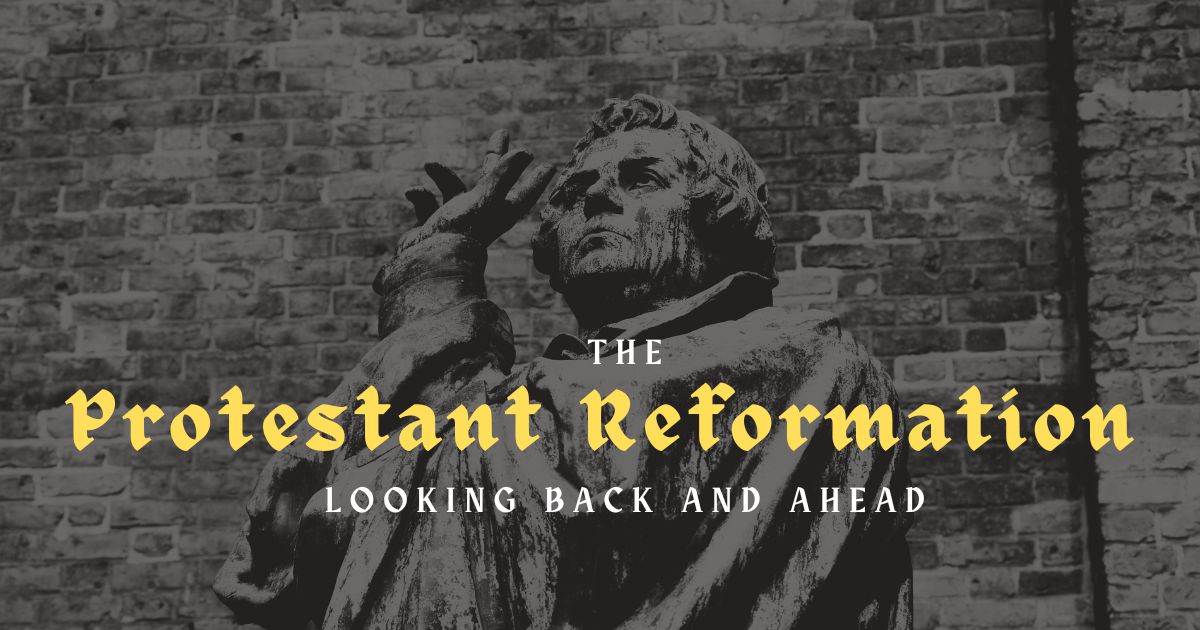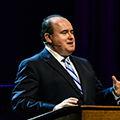In the previous four articles, I have briefly talked about the history of the Protestant Reformation, highlighted a few heroes of the Reformation, and explained the major beliefs of the Reformation. But does it matter today? After all, that was 500 years ago! Is there a continued impact? The Reformation was the most important event in the history of the world since the first coming of Jesus Christ, but short of convincing you of that, I would at least like to show you three major impacts that we see even today.
First, the gospel of Jesus Christ, the good news that salvation is offered freely by God as His gift to those who would ask, has been spread around the world by the protestant churches. Yes, all would agree that Roman Catholicism has spread around the world as well, but they are spreading (as I explained in the first installment) the belief that if you try hard enough and hope to be good enough, God might accept you and might forgive you of your sins. But the Reformation brought once again to the surface the fact that the Bible teaches that forgiveness is offered freely by God because it has been bought by the death of Christ as our substitute—that though the wages of sin is death (Romans 6:23), God has offered life in Christ paid for by Christ. And for the past 500 years since the Reformation, this message has been spreading around the world changing countless millions of lives and families.
Second, the Reformation has opened the doors for the common person, meaning the non-clergy, to study and understand the Bible for themselves. It is because of the Reformation that the Bible is the best-selling book of all time. It is because of the Reformation that the Bible has been translated from the original Greek and Hebrew into thousands of languages. It is because of the Reformation that you can read a Bible in every hotel room and can buy a Bible everywhere from amazon.com to Wal-Mart. And because of this, people for the past 500 years, reading or hearing the Bible read on their own, have been trusting Christ as their Savior. There have been attempts by despots of the world such as Adolf Hitler to ban the Bible, but the Bible just keeps going. The Bible is now available in so many formats such as phone apps and other electronic media that it cannot be stopped. And we have the Reformation to thank for this.
Finally, the Reformation gave a legacy that life matters. The Roman Catholic Church of Martin Luther’s day taught that if you wanted to really be spiritual, you had to become part of the church professionally, such as Luther himself who became a monk as what he believed the greatest way to serve God. But as Stephen Nichols points out, “The Reformers also revolutionized daily life outside the church. They gave new meaning to work and to various roles—spouses, parents, and children; employees and employers; civic rulers and citizens. Prior to the Reformation, the only work that really mattered was church work. The rest of life was simply viewed as putting in time” (Stephen J. Nichols, The Reformation: How a Monk and a Mallet Changed the World, 19–20). In other words, the Reformation resurrected the biblical idea that a Christian’s entire life was spiritual in nature, everything from being a loving husband or wife to being a loyal citizen of your country (all taught in the Bible) was now a holistic part of the Christian life whose aim is the please God in thankfulness for salvation that has already been received by faith.

